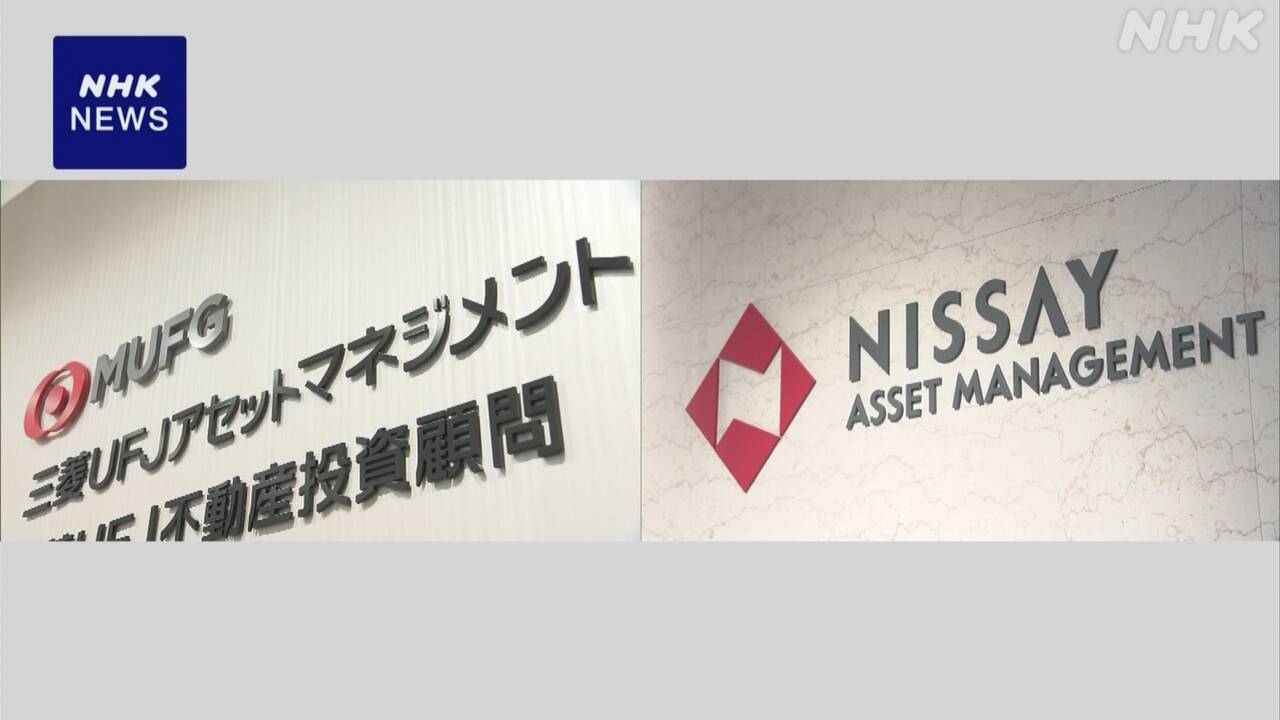In an effort to encourage companies to reform their management, domestic asset management companies are tightening standards for exercising voting rights, such as opposing the appointment of representative directors at general shareholder meetings for companies with low profitability or low stock market evaluations. There is a movement to do so.
Asset management companies manage funds collected from investors through corporate stocks, etc., and exercise their voting rights as shareholders on behalf of investors at general shareholder meetings.
Among these, Mitsubishi UFJ Asset Management will review its criteria for exercising voting rights and will oppose the reappointment of representative directors of companies with low profitability or low stock market evaluations.
Target companies are those whose ROE (return on equity), which indicates management efficiency, has been below 8% for three consecutive years, and whose PBR (price/book value ratio, which is an indicator of the stock price level) is below 1x. , will be applied from April 2027.
In addition, Nissay Asset Management has decided to object to the appointment of representative directors from June next year for companies whose PBR is less than 1x and who do not disclose stock price improvement measures required by the Tokyo Stock Exchange.
In addition, there is also a movement to oppose the appointment or reappointment of representative directors if cross-shareholdings held by companies for purposes such as maintaining relationships with business partners exceed certain standards.
In March of last year, the TSE asked listed companies to publish countermeasures in order to encourage management to be conscious of market evaluations, and attention has been focused on the extent to which new initiatives by asset management companies will encourage changes in corporate attitudes. Masu.

